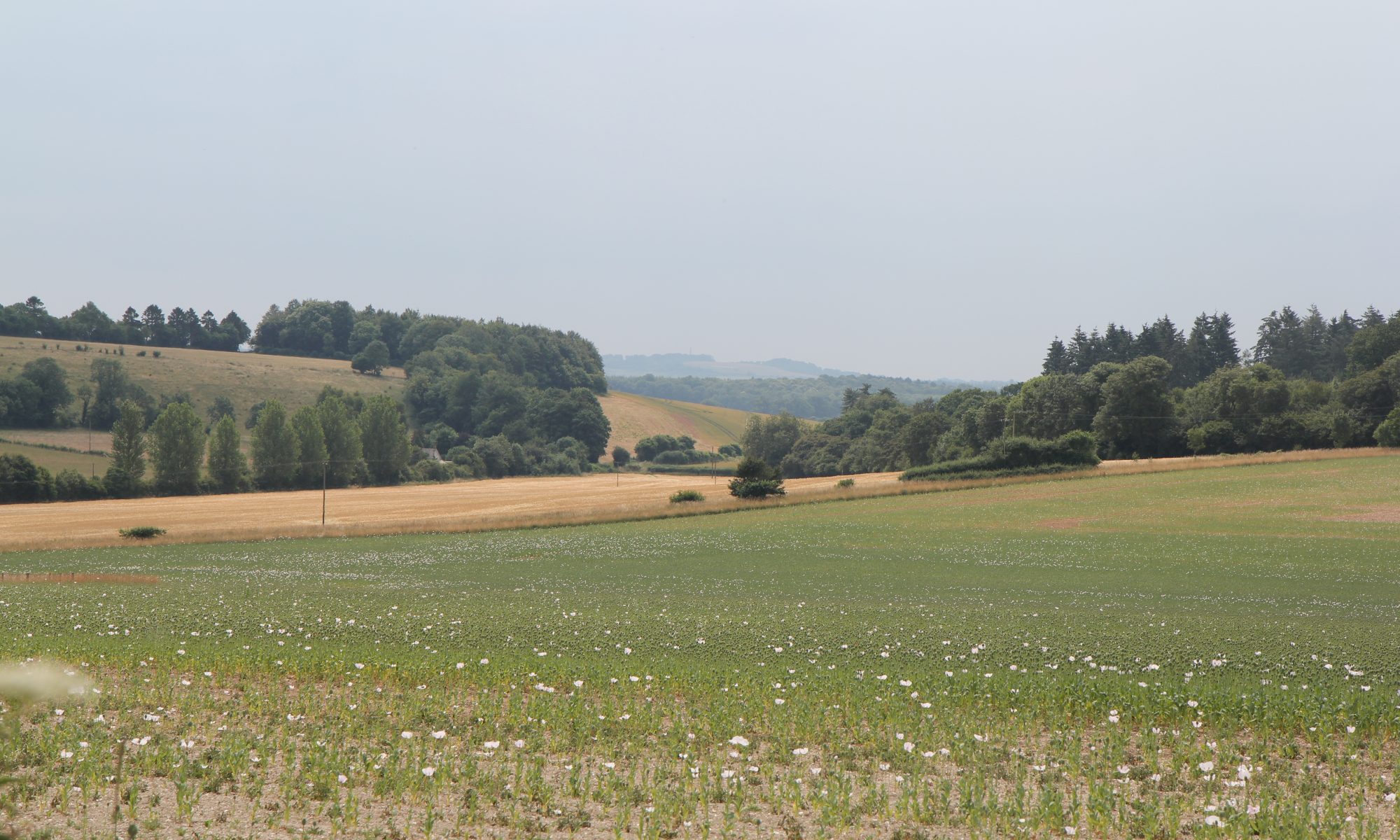There are about 10,000 Parish Councils in England and Wales, and the range of facilities and services that they can provide varies enormously, depending on their size. The possible activities range from such things as identifying land for allotments, providing bus shelters, noticeboards and benches, maintaining cemeteries, providing and maintaining children’s recreation areas, to providing public conveniences, maintaining war memorials and providing public baths and wash house, amongst many others.
Luckily, in this civil parish, the Parish Council does not have to deal with the more unusual facilities mentioned above. The Parish Council has more responsibilities in Pitton than in Farley, as the Parish Council owns the children’s play area and the land it stands on (The Close) and monitors the siphon that was built as part of Pitton’s flood defence system. It helps to drain the High Street in times of flood.
Wiltshire Council maintains the roads, cuts the grass verges and salts and grits the roads during the winter if necessary. The Parish Council is responsible for some grass cutting, the bus shelters, notice boards, benches, and some tree maintenance.
All Parish Councils depend for most of their income on the Parish Precept, which is part of the Council Tax. Only Parish Councils and Parliament have unlimited power to raise as much funding as is needed. Being acutely aware of this, councillors do their utmost not to raise unnecessary funds. Expenditure between the two villages is kept roughly in proportion with the income from each, although there is no fixed rule about this.
For many Parish Councils, the largest annual item of expenditure is the Clerk’s salary, which is extremely modest and complies with recommended local government pay scales. Luckily, the present Clerk is also a Clerk at other Councils, so that training costs can be shared, which is very helpful. Pitton & Farley Parish Councillors are unpaid volunteers who have chosen not to take an allowance. Out of pocket expenses are very low too.
Wiltshire Council operates an Area Board system, one of which covers the Southern Wiltshire area including Alderbury, Coombe Bisset, Downton, and Redlynch among others. This board meets every six weeks or so and is an important communications vehicle between Wiltshire Council and Parish Councils. It also has funds to allocate to deserving projects at parish level. If individuals or groups have funding needs they should in the first instance contact the Parish Council.
Local government elections are held every four years, during which existing and prospective councillors submit themselves for election. Should vacancies occur in between elections, a by-election is held to fill the vacancy providing ten electors request one. More usually, new councillors are co-opted.
The Parish Council has 9 Councillors, 5 from Pitton and 4 from Farley. The parish is warded only as far as planning matters are concerned. The Parish Council is a consultee in the first stage of the Planning consent process before the final decision is made by Wiltshire Council, the local Planning Authority. Discussion on all planning matters is made in public at advertised meetings.
The Parish Council works closely with the division’s Wiltshire Councillor, Chris Devine.
The positions of Chairman and Vice Chairman alternate between the two villages every two years, although this is not a hard and fast rule. The public is warmly welcome at all meetings, and there is an opportunity to speak, ask questions, or raise matters of concern before the formal meeting starts.
